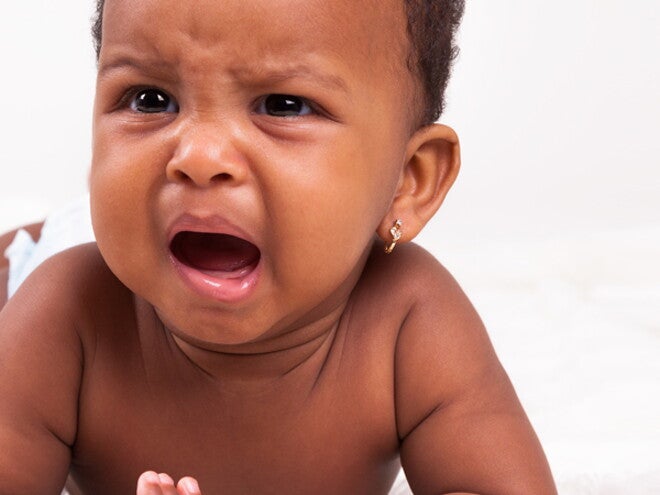baby crying loud when breastfeeding
If your baby seems to be crying for no reason pediatrician Harvey Karp advises parents to use the Five Ss which recreate the womb environment and activate your babys calming reflex. So whats going on when a baby is crying at the breast.
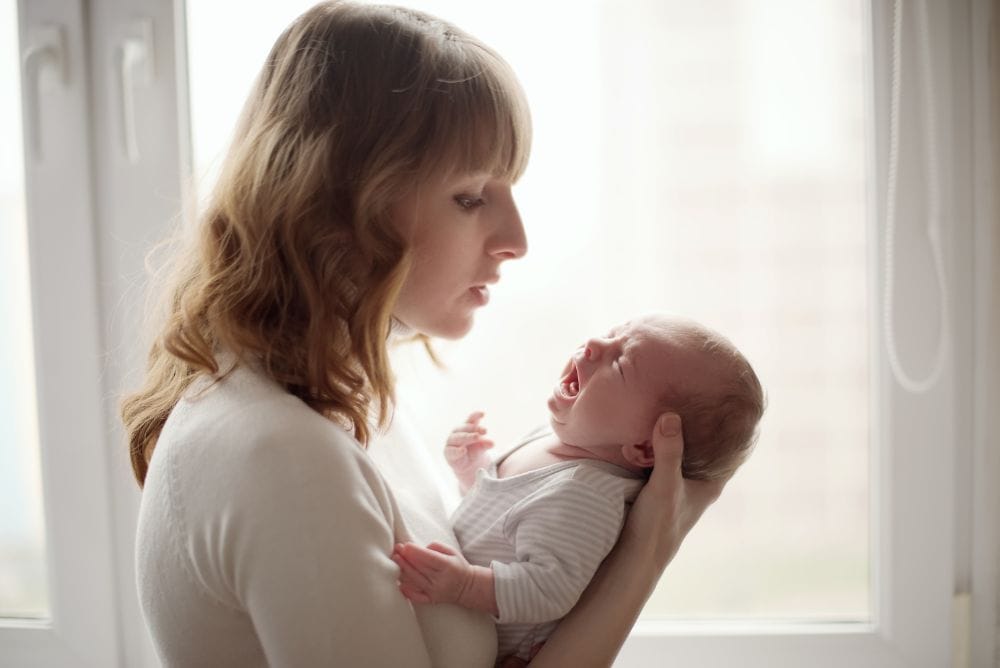
Baby Fusses Or Cries During Feeding Causes Solutions
Speak to your health visitor or GP for more information and advice.
. If your baby is crying during a bottle feeding it is possible that your baby might have an allergy especially if your baby is drinking formula but an allergy is not always the cause. Called stridor or laryngomalacia this is a sound very young babies make when breathing in. By the end of the feeding they are happy.
If your baby cries constantly. If your baby isnt satisfied youll need to figure out the underlying problem causing discomfort. They start to match the pitch and variation of the parents tone.
Side or stomach position. This can happen mostly to breastfed babies. First its important to make sure your baby isnt actually suffering physically.
Many babies cry while breastfeeding due to the flow of milk. It is worse when a child is lying on their back. But first if your baby is bottled-fed make sure that the discomfort isnt just from swallowed air.
Do your best to calm the crying offer plenty of breastfeeding time or. There are several physical medical reasons why a baby might cry at your breast including food intolerances allergies foremilkhindmilk imbalance too much milk creating painful gas reflux or. There are several reasons that can cause a baby to cry excessively.
If your little sunshine is bottle-fed make sure to use anti-colic bottles that prevents your baby from sucking on too much air. Breastfeed your baby during sleepy times. They babble putting consonant and vowel sounds together and make raspberry sounds.
Excessive crying can happen if you have a baby that. Watch your babys accompanying behavior. A babys cry is their way of communicating to their parents that they need something.
Noise is not necessarily an indication that something is wrong. If you see these scary symptomsor if your baby has trouble breathing turns blue or the seizure lasts. The most common reason babies cry is because they are hungry.
Think back to the last sports event or loud concert you attended. Other reasons include lack of appetite due to illness not getting enough milk having a growth spurt or even needing to be burped. If your baby cries so loud after he has just been fed he must have been having heartburn.
Breastfeeding is widely known to be the most nutritional thing for a newborn baby. Wrap your baby in a blanket so they feel secure. They need their parent to put them in a comfortable position.
A clicking noise is a sign that latch-on is not correct. Frustration with flow discomfort or they want something else entirely. What to do if your baby startles easily.
They babble laugh coo and screech. Delayed flow Milk usually isnt ready to squirt into babys mouth at the first suck. The frequent feeding at the breast stimulates production of the milk-producing hormone prolactin suppressing ovulation and making it less likely that the mother will get pregnant again.
They stop crying at the onset of feeding. On the other hand if immediately after you begin feeding your baby pulls off arches his back and kneads against your breast this means you have a slower let-down. It may lead to difficulty falling asleep crankiness and crying.
If you are a parent trying to cope with a crying fretful baby you will know how distressing their prolonged crying is to themselves to you and to anyone nearby. Many of the babys first responses like crying when hungry. Babies are way more prone to these alarming nighttime disturbances than adults are mostly because there are a ton of reasons why they might.
Crying right after a feeding could be a sign of heartburn. By four to six months babies experiment even more with their voices. Of course reacting with a loud ouch is only natural but moms are encouraged to try to control their reactions at least with younger babies.
Causes of Unexplained Crying. If your baby cough s or gags after you begin breastfeeding you may be having an over-reactive let-down. This will keep their arms and legs tucked against their body.
Baby Crying at the Breast Reason 1. Move to a calmer environment or place your baby in the crib. So as stressful as it may by the screeching is most often completely normal.
For instance lactating mothers who consume too much coffee may notice their baby often crying since caffeine can reach the baby through breast milk. A key indicator of a true seizure is abnormal eye movement along with body movements. If your baby seems otherwise happy and content those noises are simply noises some babies are noisy.
Too much noise movement or visual stimulation also might drive your baby to cry. White noise such as a recording of ocean waves or the monotonous sound of an electric fan might help your crying baby relax. You hear your baby grunt squirm and gulp while breastfeeding but dont panic.
Cooing babbling and laughing. Picking up and cuddling or breastfeeding your fretful baby will not start bad habits or spoil them. Crying during feeds can sometimes be a symptom of reflux a common condition where babies bring back milk after feeds.
Swaddle your newborn before setting them down to sleep. If you hear that noise it is a reliable indicator that the baby is swallowing. And they develop different screams and cries for needs such as hunger comfort fear pain and so on.
And if your baby startles themself awake they wont always settle back down to sleep easily. Babies talk between two and three months says Bahr. The sound you may hear is like a puff of air coming from the back of the throat or kha kha the sound of the baby exhaling after a swallow.
It may be swaddled and on their back. This can happen mostly to breastfed babies. When mothers respond to the cries by breastfeeding the baby gets benefits beyond just milk.
Babies cry at the breast for usually one of three reasons. If your baby startles and cries they may need a little comforting to calm down. This is a development stage where the baby is learning to use their voices in different ways to get your attention.
A great time to try breastfeeding a fussy baby is just when the baby is waking up from sleep. However breastfeeding is also a unique bonding. 9 reasons baby is waking up crying hysterically.
To keep your baby from startling awake. Add or remove a layer of clothing as needed. Some breastfeeding babies may cry as an effect of food items consumed by the mother.
It is caused by excess. Harvey Karps 5 Ss for soothing a crying baby. The second reason babies cry is they need sleep.

Baby Cries During Breastfeeding Effective Ways To Deal With It
Crying Newborns At Night Causes And Tips Koala Babycare Koalababycare

How To Know If It S Colic Or Normal Crying Sanford Health News
Don T Feed Your Baby As Soon As He Cries Interpret The Twelve Kinds Of Cries Of The Baby And Be A Good Parent Who Will Bring The Baby Laitimes

162 Breastfeeding Crying Photos Free Royalty Free Stock Photos From Dreamstime
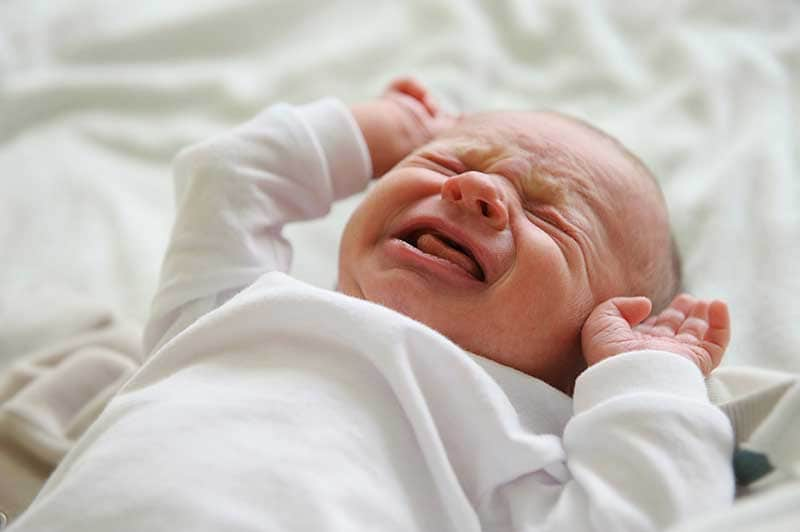
Overfeeding A Fussy Baby Is Your Crying Baby Hungry Strong4life
How To Make A Baby Stop Crying Tips For Soothing A Fussy Newborn
Baby Cries During Breastfeeding Effective Ways To Deal With It

162 Breastfeeding Crying Photos Free Royalty Free Stock Photos From Dreamstime
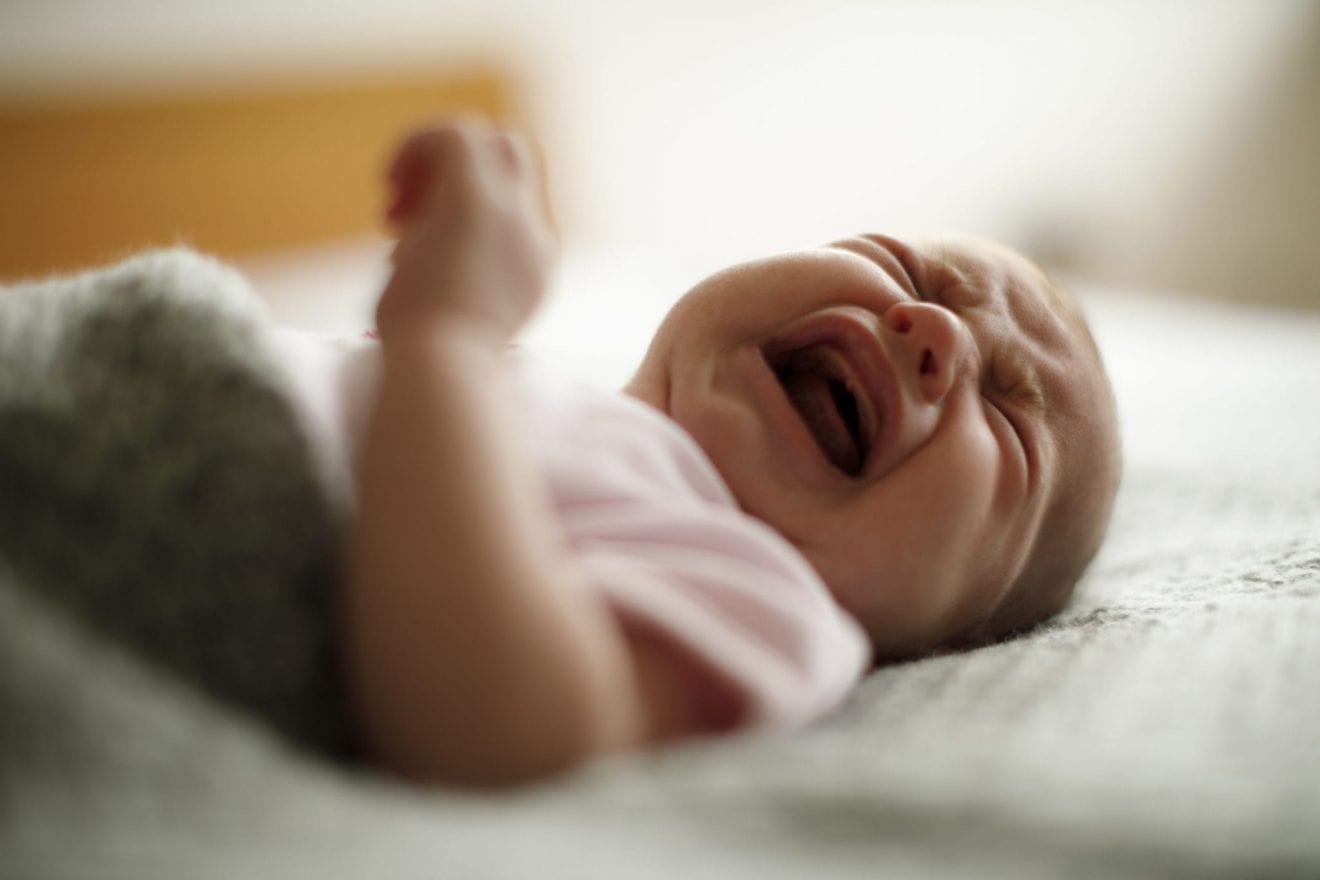
Foods That Make Breastfeeding Babies Fussy Baby Chick

Baby Cries After Feeding What Should I Do

Baby Cries After Breastfeeding 15 Reasons For Crying Bellybelly
Breastfeeding Problems And How To Fix Them
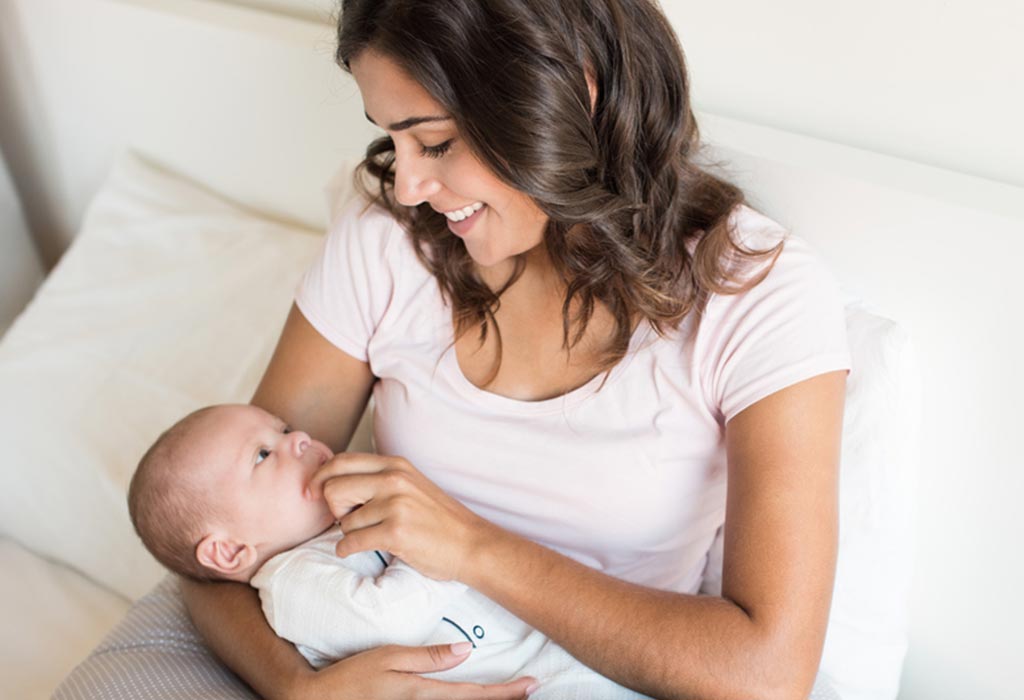
Baby Cries During Breastfeeding Effective Ways To Deal With It

My Baby Fusses Or Cries When Breastfeeding What S The Problem Kellymom Com

Newborn Crying What It Means And How To Handle It Parents
6 Ways To Soothe Your Crying Baby Breastfeeding Tips And Breast Pump Info For Moms From Medela Canada
